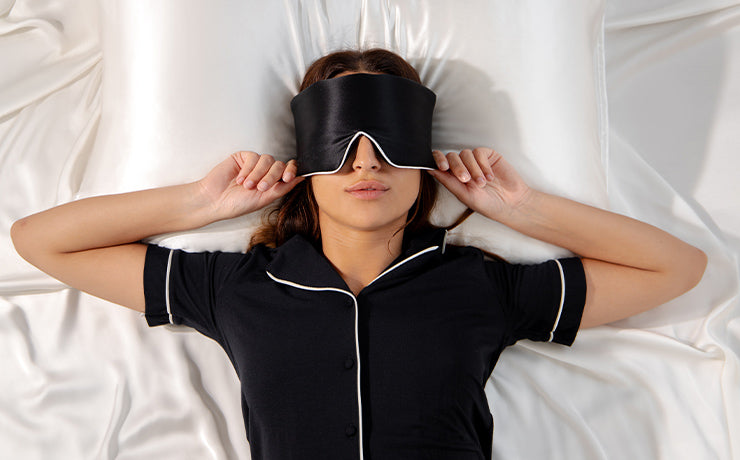How to beat W.F.H lethargy after over a year of working from home…
The shift to working from home for over a year has been a monumental adjustment for many, marked by the rollercoaster of lockdowns and the challenge of adapting to a 'new normal.' This period has tested our resilience, both mentally and physically, pushing us to our limits. A notable impact of this stress is a profound depletion in our energy levels, leaving many feeling unexpectedly exhausted despite the absence of daily commutes, back-to-back appointments, or bustling weekends.
For some, the prolonged period of remote work has led to persistent fatigue, affecting productivity, self-esteem, and sleep quality. In this week's Sleep Lab, we aim to confront this issue directly, offering strategies to combat fatigue for those struggling to stay awake past the mid-afternoon coffee break.
Make time to move:
The psychological stress brought on by the pandemic, known for propelling the body into a constant state of alertness or 'fight or flight,' can be surprisingly more draining than physical exertion. This heightened state, while initially boosting alertness due to adrenaline, can lead to significant fatigue if sustained. Ironically, engaging in physical activity, which may seem daunting when energy is scarce, can be a simple yet effective strategy to break free from this cycle. Just thirty minutes of gentle exercise, such as a leisurely walk or restorative yoga, can significantly uplift our energy levels and promote the flow of endorphins.
Expanding on this idea, the emerging trend of 'micro workouts' offers a novel approach to combatting the sedentary lifestyle associated with working from home. Instead of remaining seated for extended periods, incorporating brief, 5-10 minute bursts of activity or stretches every hour, including simple tasks like walking to the kitchen, can help maintain steady energy levels throughout the day and make the most of the work-from-home flexibility.
Eat well:
In times of low energy, the allure of quick, convenient snacks like crisps and chocolate is hard to resist. However, choosing nutrient-rich foods can provide far more lasting energy. Incorporate dark leafy greens, berries, sustainably sourced fish, and healthy fats into your diet for a significant energy boost. It's no coincidence that the Mediterranean diet is associated with some of the highest life expectancies worldwide. When your body is in a prolonged state of stress, it requires additional nutrients to cope with the demand, or else it risks depletion. Another strategy is to select carbohydrates that release energy gradually, aiding your body's energy management efficiently. Opt for pulses, quinoa, and whole grains like brown bread and pasta. If you're consistently feeling drained, revisiting your dietary choices could be an enlightening first step.
Sleep better:
As anticipated, the cornerstone of managing energy levels lies in achieving quality sleep. This involves not just the quantity of sleep, but also adhering to robust sleep hygiene practices, including a consistent sleep-wake cycle. One actionable step towards this goal is avoiding caffeine consumption after midday, aligning with our body's natural rhythms rather than disrupting them. Additionally, reducing blue light exposure at least an hour before bedtime and establishing a solid pre-sleep routine can significantly enhance sleep quality. For those whose minds are buzzing with thoughts at night, dedicating time to unwind and disconnect can make a substantial difference.
At DROWSY, we are dedicated to fostering a sleep-centric lifestyle complemented by thorough self-care. We're eager to hear about your top sleep routine tips and tricks. Share your insights in the comments or join the conversation on our Instagram to exchange more sleep optimization strategies.






